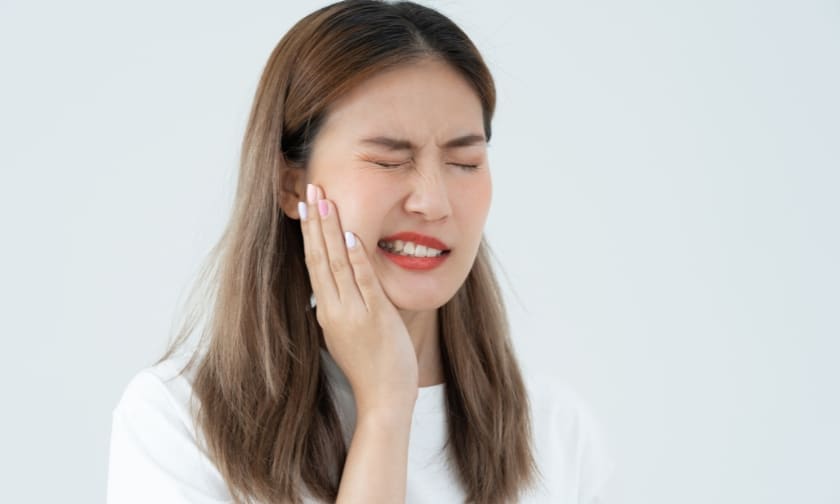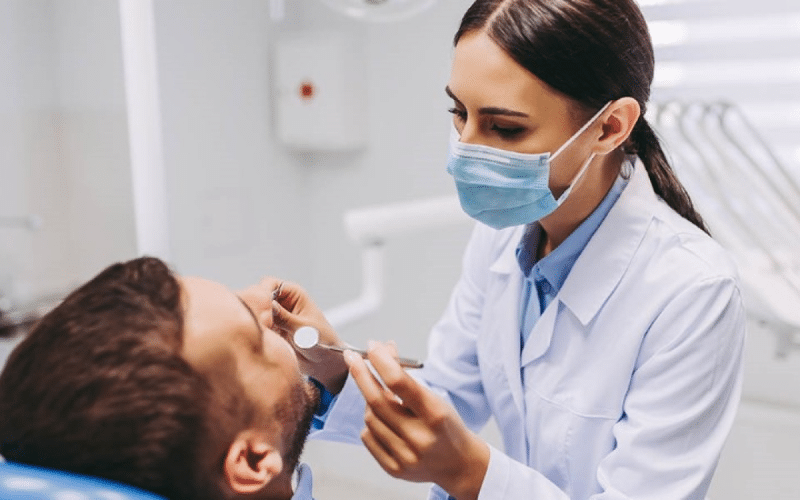
Immediate Steps to Take in a Dental Emergency
Facing a dental emergency can be a distressing and overwhelming experience. Whether it’s a sudden toothache, a knocked-out tooth, or a broken dental restoration, knowing what immediate steps to take can make all the difference in preserving your oral health. In this comprehensive guide, we will provide expert advice on handling dental emergencies with confidence and efficiency. From contacting your emergency dentist in Butler, PA, to managing a painful toothache and handling a broken dental restoration, we’ve got you covered. Remember, staying calm, acting quickly, and prioritizing your oral health during these challenging moments is key.
Stay Calm and Act Quickly
No one ever expects a dental emergency, but it can happen anytime. Whether it’s a sudden toothache, a knocked-out tooth, or a broken dental restoration, staying calm and acting swiftly is vital. Remember, the right actions can save your tooth and prevent further complications.
Contact Your Emergency Dentist Immediately
When a dental emergency arises, the first step is to contact your emergency dentist in Butler, PA. Have their contact information handy at all times, whether saved on your phone or written down in a convenient place. They are your first line of defense during dental emergencies and can provide crucial guidance over the phone.
Safely Handle a Knocked-Out Tooth
If you or someone you know experiences a knocked-out tooth, it’s crucial to act immediately to increase the chances of saving it. Follow these steps:
- Handle with Care: Avoid touching the tooth’s root; hold it by the crown (the chewing surface).
- Rinse Gently: If the tooth is dirty, gently rinse it with milk or saline. Do not use water or scrub the tooth.
- Reposition the Tooth: If possible, try to reinsert the tooth back into its socket. Hold it in place by gently biting down on a clean cloth or gauze.
- Keep Moist: If you can’t reinsert the tooth, keep it moist by placing it in a container with milk or the person’s saliva. Alternatively, you can use a tooth preservation kit or a clean cloth dampened with saline.
- Seek Immediate Dental Care: Time is of the essence. Get to your emergency dentist within 30 minutes for the best chance of saving the tooth.
Managing a Painful Toothache
A sudden and severe toothache can be debilitating. To manage the pain before reaching your dentist, consider the following:
- Rinse with Warm Saltwater: Gently rinse your mouth to reduce inflammation and kill bacteria.
- Over-the-counter Pain Relief: Over-the-counter pain medications like ibuprofen can temporarily alleviate the pain, but avoid applying aspirin directly to the tooth as it may cause irritation.
- Avoid Hot or Cold Foods: Steer clear of hot or cold foods and beverages that can exacerbate the pain.
- Use a Cold Compress: Applying a cold compress to the affected area can help reduce swelling and numb the pain.
- See Your Dentist: Even if the pain subsides, scheduling an appointment with your dentist is essential to address the underlying issue.
Handling a Broken Dental Restoration
A broken dental restoration, such as a chipped crown or a loose filling, requires prompt attention to avoid further damage. Here’s what to do:
- If possible, collect any broken pieces of the dental restoration.
- Temporary dental cement or dental wax, available at most drugstores, can cover the exposed area until you can see your dentist.
- Refrain from using the affected tooth for chewing to prevent additional damage.
- Reach out to your dentist immediately to schedule a visit and have the restoration repaired or replaced.
Dental emergencies can strike any moment, and being prepared is crucial for safeguarding your oral health. Knowing the immediate steps to take in various dental emergencies allows you to act swiftly and confidently when faced with unexpected dental issues. Remember, your first call should be to your emergency dentist in Butler, PA, as they are your best resource during these critical moments. Additionally, practicing good oral hygiene, attending regular dental check-ups, and avoiding harmful habits can significantly reduce the risk of dental emergencies. So, keep this guide handy, stay informed, and take control of your oral health, even in the face of unexpected dental challenges.





